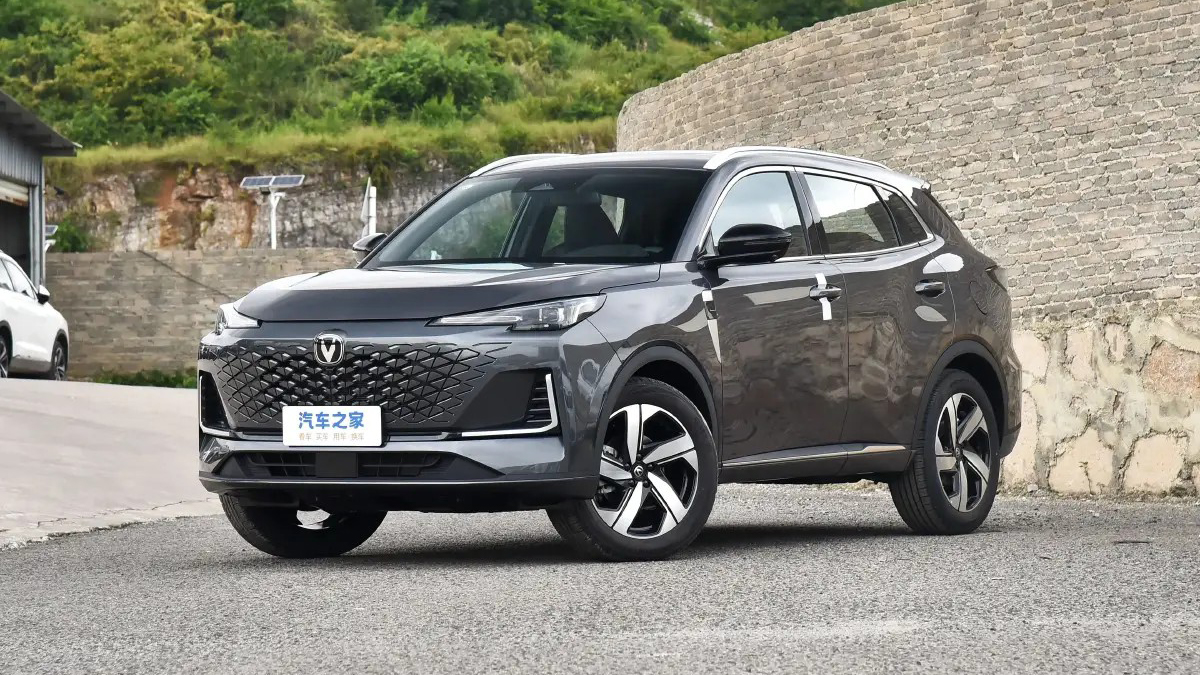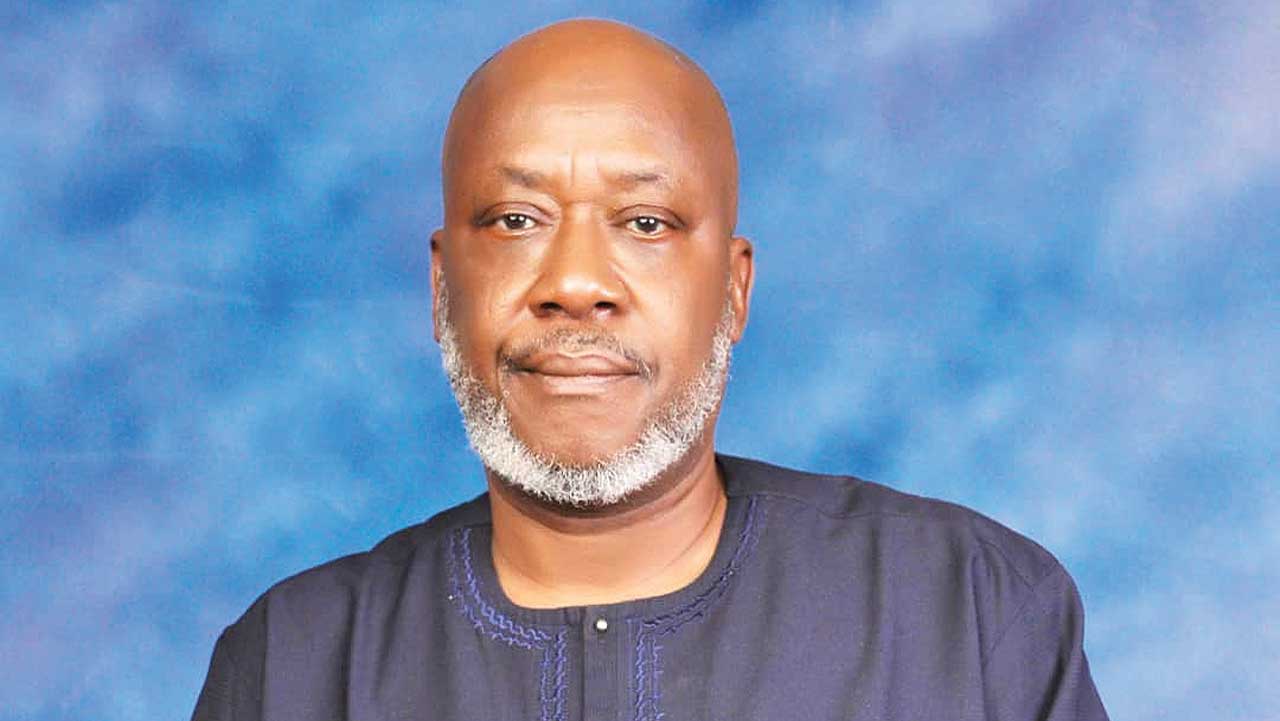In an ever-evolving world, it is of vital importance to use efficient and sustainable transport solutions. Freight transport by rail offers enormous advantages, especially for longer distances.
Several countries heavily rely on cargo trains for transportation. The United States leads in terms of sheer volume, followed by China and India. Other countries with significant rail freight include Russia, Germany, Canada, Australia and the United Kingdom.
U.S. railroad freight was deregulated and marketised. It has collaborated with other modes in moving the entire freight system toward more efficient, integrated and greener operations.
Railroad has proven to be the most fuel-efficient and oftentimes the most reliable form of surface transport for large volumes of heavy, bulk products over long distances. Using coal as an example, its movement in all major producing regions in the United States has been dominated by railroad, with about 70 per cent of the weight being shipped by train in 2022. Similarly, railroad transports more than 50 per cent of the iron ore by weight.
A similar trend is found in the shipping pattern of iron ore in China. It was estimated in China that switching to railroad for hauling iron ore from the port has eliminated about 30,000 truck trips daily and reduced the use of diesel fuel by 80 per cent.
But in Nigeria, despite the resurgence of rail transportation, the adaptation of train cargo has remained low. Since the Goodluck Jonathan administration, Nigeria has invested heavily in the rail transportation system. But cargo transportation on the tracks is still low with the country yet to fully take advantage of the investment.
While the primary route for train cargo transport in Nigeria is said to be shifting towards a more robust and efficient rail system, particularly on the Lagos-Ibadan standard gauge railway, it is yet to alleviate the strain on road transport and enhance cargo movement.
The China Civil Engineering Construction Corporation (CCECC) has been instrumental in developing and operating the Lagos-Ibadan railway, including the launch of freight services.
While significant progress has been made, further investments are needed to expand and modernise the railway network across the country.
The efficiency of rail transport is linked to the efficiency of port operations. Addressing bottlenecks at the ports is crucial for realising the full potential of rail freight, experts said.
Using trains for cargo transport offers several key advantages, including cost-effectiveness for long distances, high capacity for large volumes and environmental friendliness compared to other modes like trucking. Trains are also generally more reliable and less susceptible to delays from traffic or weather conditions. These benefits are lost by the slow take of cargo transportation in Nigeria.
While the exact daily number of cargo movements leaving Apapa Port fluctuates, reports indicate an average of 122 trucks carrying around 240 containers entering the port on some days.
About 5,000 trucks seek access to Apapa and Tin Can ports in Lagos every day, according to the Lagos Chamber of Commerce and Industry (LCCI).
The trucks have continued to ply Apapa and Tin Can despite that access roads and the two ports were originally meant to accommodate only 1,500 trucks.
A freight train service only moves around 90 containers daily, the report said.0
Apart from the cost, adopting a cargo train will reduce the number of falling containers, which have led to the death of many on the highway.
When The Guardian reached to Deputy Director, Public Relations, Nigerian Railway Corporation (NRC), Mahmood Yakubu, on how it plans to expand the adoption of cargo movement on train, he asked that enquiries be sent to Deputy Director, Operation, Adegoke Omojola, who did not pick calls made to his line.
The Guardian also sent messages to inquire about the numbers of containers/ cargoes that have been transported using trains in the last five years, level of adoption and others.
In a conversation with The Guardian, Chairman of the National Association of Government Approved Freight Forwarders (NAGAFF), Ibrahim Tanko, reckoned that the railway system remained the best way to transport cargoes.
He said: “But because of where we have found ourselves in Nigeria, we find it difficult to use rail lines. Using railway is easier and it will decongest the port access roads.
“I wrote a letter to the Ministry of Transportation through the Nigerian Port Authority (NPA) that they should enforce the use of railways. They came after to check the railway lines. I don’t know why it is still difficult for trains to transport cargoes to Kano, Abuja, Port Harcourt and others by rain.”
When asked his thoughts on why the government still pays less attention, he said: “It is the duty of some people to do so but they are quiet as if they don’t know; we have to write severally and complain before actions are taken, it’s our nature in Nigeria. They see a bad road and wait until accidents are recorded before they take action.
“The ports are not making constant revenue because people are afraid to go there. The number of imports into Ghana, Benin Republic and Togo is higher than Nigeria whereas they do not have the size of our population. It is cheaper to get cargoes through the countries; some Nigerians go to Ghana to buy goods.”
When asked about the effect of low train cargo use on the Nigerian economy, he said: “Today, it is difficult to access the Apapa, or the Tin Can Island port. If people cannot access the port, how will the Federal Government generate revenue? Secondly, as port users, we pay through our noses to get goods out. We pay a lot for demurrage. At the end of the day, the masses pay more because all importers pass the expenses to them.
“Apart from the amount spent to convene cargoes, the case of accident, robbery, diversion of containers on the roads are things that should be addressed when comparing train to truck. It is far cheaper to use the train than the truck. It costs N1 million to convene cargo from Apapa Port to Marine Beach, a journey of less than seven kilometers. The cost is as high as the risk,” she said.






